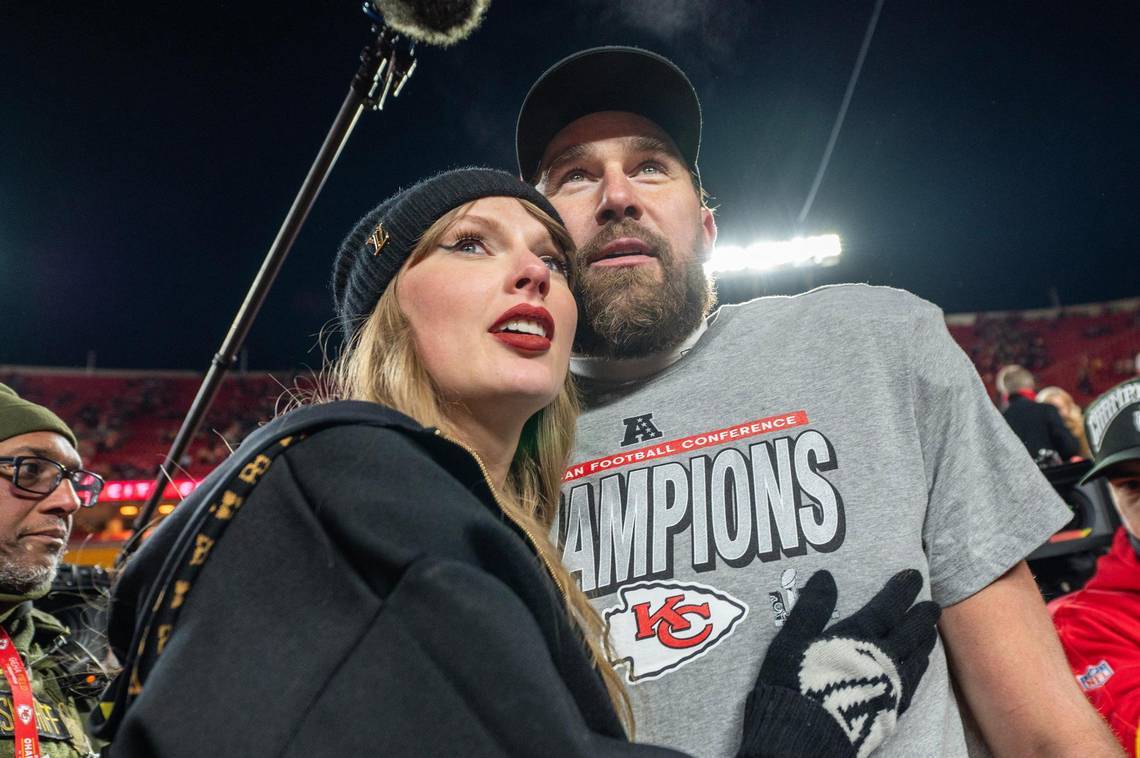For HBO Max, the lizard delivered.
AT&T’s streaming service, on which it’s betting billions of dollars, reported a strong first quarter, helped in part by Godzilla vs. Kong, a mega-budget film from AT&T’s Warner Bros. Studio. Even AT&T bear Craig Moffett, an analyst who has a sell rating on the stock, acknowledged that HBO Max’s latest results “were better than just ‘positive;’ they were unambiguously ‘good.’”
But it’s far too early for AT&T shareholders to pop the Champagne. In the race for streaming leadership, HBO Max is still a distant fourth, behind Netflix, Amazon Prime, and Disney+. Gaining ground won’t be easy because compared with those others, HBO Max faces a much tougher struggle.
Partly that’s because of HBO Max’s economics. The service reported that it ended the quarter with 44.2 million U.S. Subscribers. Those aren’t like the subscribers of other streaming services, however. The vast majority of them are HBO subscribers who get the service through their cable provider, just as TV viewers have done for decades. They can sign in to HBO Max online at no additional charge, but AT&T doesn’t disclose how many have actually done so, though it does acknowledge that some never have signed in. Only 9.7 million of those 44.2 million subscribers have signed up for the service in the same way viewers subscribe to Netflix, by going online and authorizing monthly payments.
As a result, HBO Max is getting its full monthly subscription fee, $14.99, from just those 9.7 million viewers. The bulk of its subscribers, viewers of traditional HBO, pay a hefty monthly fee to their cable provider, but HBO Max receives only a portion of it because the cable company takes a cut. Overall, HBO Max’s monthly average revenue per user (ARPU) is $11.72. By contrast, Netflix directly receives almost everything its subscribers pay, so its ARPU is $14.25, which the service collects monthly from some 207 million subscribers, the most of any streaming service.
It’s tough to compete when you have to pay a middleman that your competitors don’t have to pay. AT&T calls HBO Max a direct-to-consumer business, but mostly it isn’t direct-to-consumer. If only it were.
It’s worth noting that ARPU for Disney+ is a mere $4.03. So how does that service make any money? It doesn’t. It loses billions. That’s another problem for HBO Max.
Disney’s strategy is to charge a low price, amass hundreds of millions of subscribers (it reports more than 100 million for Disney+ so far), lose billions of dollars, and then raise prices. Investors love it. When Disney announced in December that it would spend more on Disney+ content than previously expected, and would thus lose even more money than anticipated, the stock jumped.
It doesn’t work that way at AT&T, which carries a staggering debt load (long-term debt: $161 billion) while competing in three capital-intensive businesses—HBO Max, wireless service, and broadband service. Standard & Poor’s rates the company’s debt BBB with a negative outlook.
Investors aren’t optimistic. Since the market bottomed in March 2020, the S&P 500 index is up 79%, while AT&T stock is up just 10%. It’s still below where it was in 2016 before the company announced it would buy Time Warner, owner of HBO, Warner Bros., and other media properties.
Bottom line: Unlike Disney, AT&T can’t afford to lose billions on its streaming service.
Nonetheless, HBO Max is growing. It has achieved significant progress in the past two quarters. Survival isn’t an issue in the near term. The challenge is remaining one of the top-tier services after the inevitable shakeout, competing against Netflix, Amazon, and Disney+ with the highest quality original content. The Warner Bros. Studio and the HBO brand are formidable advantages. But with a business model that for now relies heavily on middlemen, and boxed in by AT&T’s fragile finances, HBO Max faces a long, hard slog.












